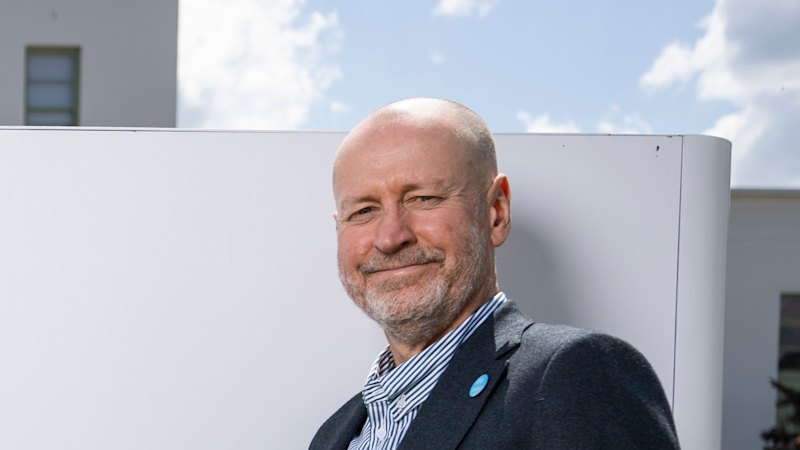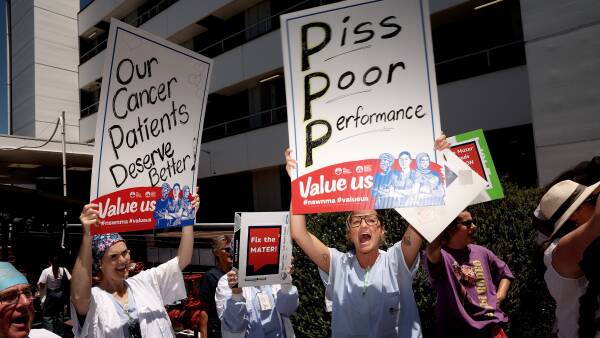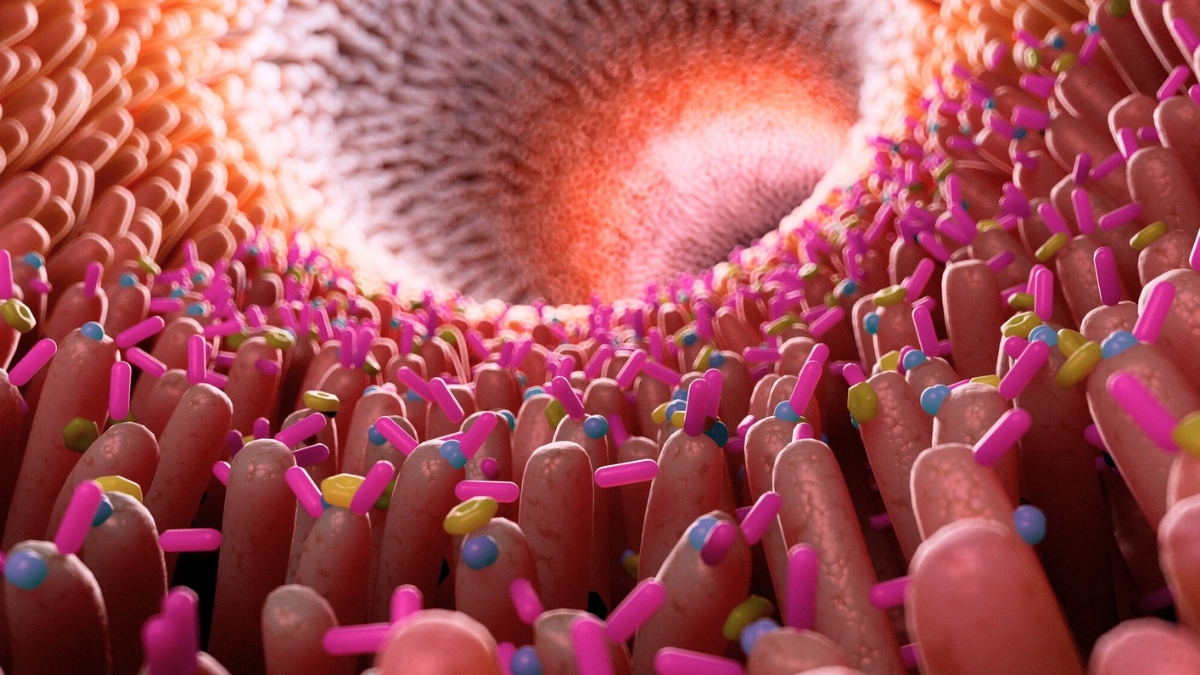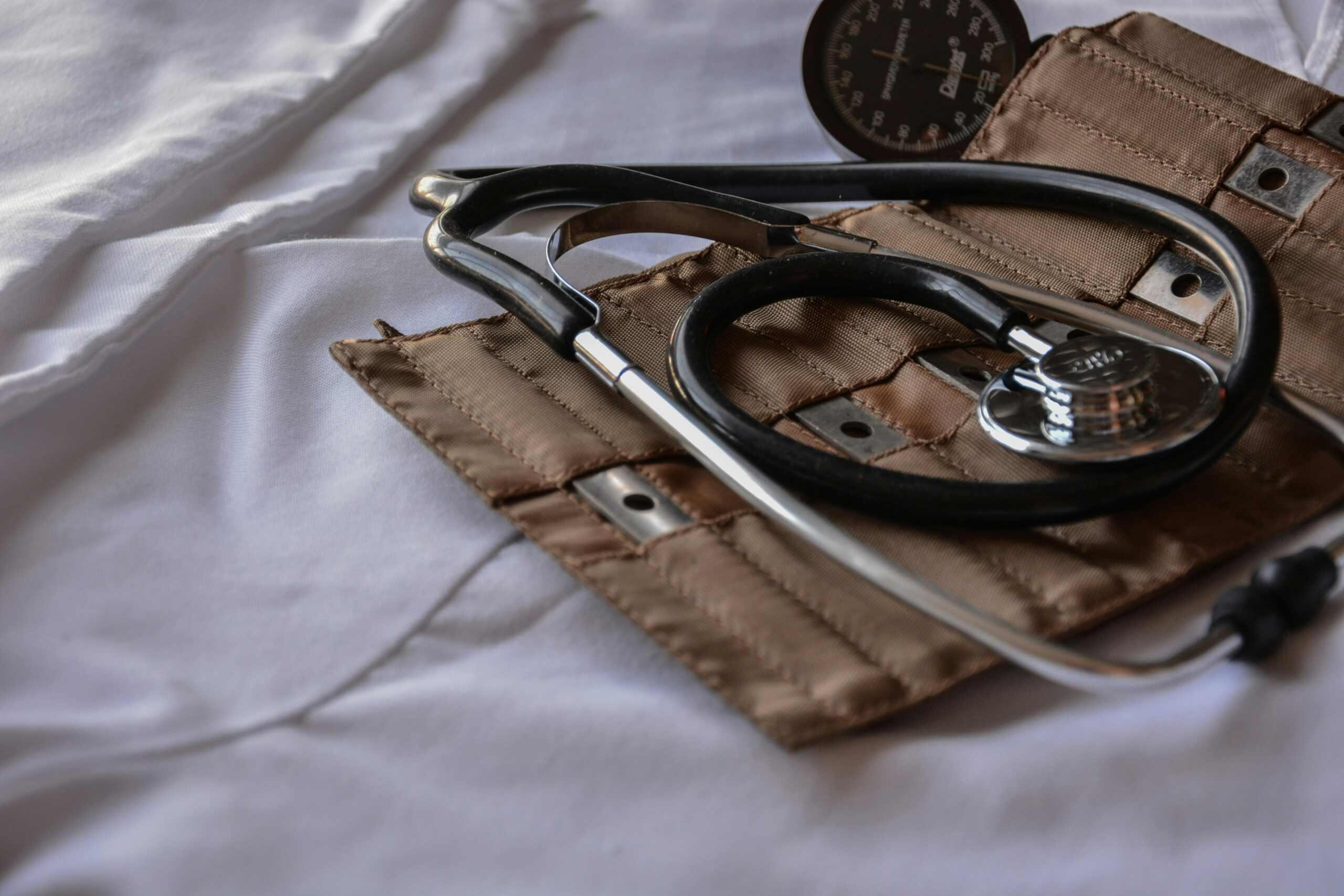
Concerns surrounding research misconduct in Australia’s cancer research sector have led to mounting calls for reform of the current integrity system. The architect of this system, former science minister Kim Carr, has stated that it is no longer effective and advocates for the establishment of an independent scientific watchdog. These discussions have intensified following revelations about the research practices of renowned cancer researcher Professor Mark Smyth.
Smyth, previously affiliated with the prestigious Peter MacCallum Cancer Centre in Melbourne, was cleared of allegations regarding the falsification of research data by a full investigation conducted by the University of Melbourne. However, subsequent inquiries by the QIMR Berghofer Medical Research Institute found him guilty of serious research misconduct. This discrepancy has raised questions about the adequacy of self-governing bodies to investigate their own staff impartially.
On Sunday, the Australian government announced a review of the research integrity system to ensure it is “effective and fit for purpose.” Carr, who designed the current system, expressed concern over the fundamental conflict of interest where institutions may hesitate to pursue rigorous inquiries against their own researchers. He noted that the model he created, which emphasized institutional investigations, has proven insufficient.
A broad coalition of voices, including Doug Hilton, chief executive of CSIRO, and former heads of the National Health and Medical Research Council, have echoed Carr’s sentiments. Even Universities Australia, traditionally perceived as a primary opponent of reform, indicated in 2023 it would support the establishment of an independent body capable of thorough investigations.
Chubb, who led a consultation for the Australian Academy of Science in 2023, highlighted the need for a shift away from self-regulation. “There is a lot of taxpayer and philanthropic money that goes into this area,” he stated, underscoring the importance of accountability. The Academy’s president, Professor Chennupati Jagadish, reiterated their commitment to advocating for an independent body.
When allegations initially surfaced against Smyth, Peter MacCallum conducted a preliminary investigation that indicated grounds for further inquiry. Despite this, the University of Melbourne’s subsequent investigation cleared him, raising concerns about the thoroughness of the inquiry. An anonymous witness from that investigation remarked, “An independent body, with no vested interest in protecting its public appearance like the University of Melbourne did, would have more rigorously investigated the facts.”
Smyth later moved to QIMR Berghofer, where members of his lab team expressed ongoing concerns about his research practices. QIMR conducted two secret investigations, both of which found no misconduct. Whistleblowers within the institution reported difficulties in voicing their concerns, noting that complaints were redirected back to QIMR when raised with the Office of the Chief Scientist and the National Health and Medical Research Council. One whistleblower stated, “If there was an outside body that took complaints and assessed them independently, I think you’d be surprised by how much information goes to them.”
Warwick Anderson, who served as the inaugural head of the National Health and Medical Research Council until 2015, suggested that while universities should retain their role in initial investigations, a central body must be established to oversee these processes. “That body must be able to rule whether the institution has done the right thing or not, require new independent investigations, and refer potential criminal activity to the federal police,” he explained.
Green’s science spokesman Peter Whish-Wilson has committed to advocating for the establishment of this independent body, describing it as a “no-brainer.” He emphasized the importance of such a body not only for cases of misconduct but also in countering the growing disinformation surrounding scientific research.
A spokesperson for Science Minister Tim Ayres responded to the criticisms by asserting that Australia maintains high standards in research integrity. “Australia’s research integrity framework is robust, requiring all research to comply with the Australian Code for the Responsible Conduct of Research,” the spokesperson noted. The Australian Research Council, National Health and Medical Research Council, and Universities Australia are currently reviewing the existing system to ensure its efficacy.
As discussions around research integrity reform continue, the implications for the scientific community and public trust in research remain paramount. The establishment of an independent oversight body could significantly reshape how allegations of misconduct are handled, promoting greater accountability and transparency in Australian research.







